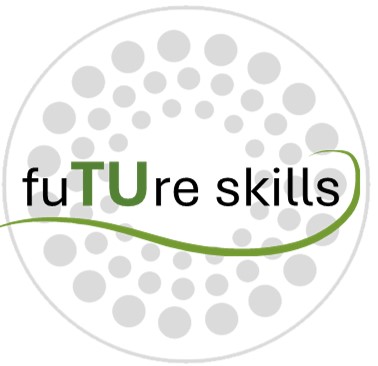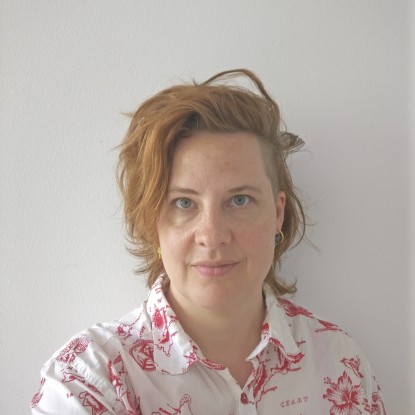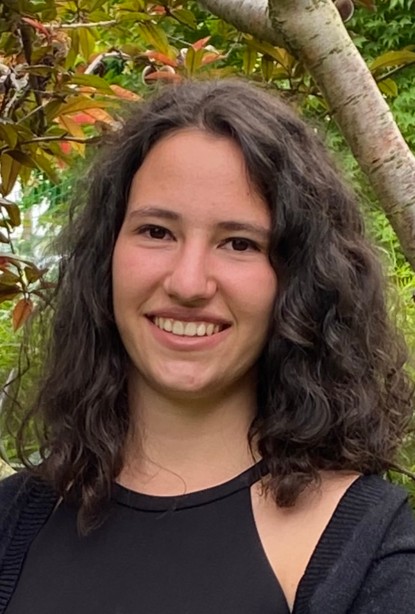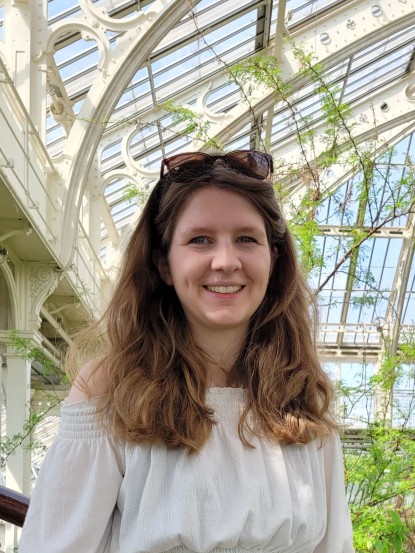Background
The current transformation processes in society and organisations are making it increasingly necessary for students to develop their personalities and skills in a reflective manner and to take these aspects into account when developing their degree programmes.
Competence development in degree programmes takes place in two complementary areas: subject-specific competences (professional competence) and interdisciplinary competences (methodological competence, social competence and self-competence). For the most part, the development of subject-specific competences takes centre stage during studies, while the acquisition of interdisciplinary competences tends to take place unconsciously and as a sideline. With the Bologna Process and the demand for outcome-oriented degree programme development as well as a competence-oriented, student-centred, independent, cooperative and communicative orientation of degree programmes, the targeted promotion of interdisciplinary competences is becoming increasingly important.
While specialised knowledge is often conceptual and therefore easy to document and reproduce, enactive or implicit knowledge must first be made conscious in order to be able to use and communicate it in a targeted manner. Development portfolios are a suitable method for this. In contrast to learning or assessment portfolios, these are kept over a longer period of time and are made up of artefacts that serve as an accompanying instrument to document the acquisition of skills over the long term.
The fuTUre skills project encourages the use of development portfolios to realise the following objectives:
- Holistic presentation and documentation of the subject-specific and interdisciplinary skills acquired as part of the undergraduate and consecutive degree programme,
- Linking with competences acquired in the private context,
- Development of employability and citizenship.
Structured counselling and support services accompany the creation of the development portfolios and support the associated reflection, orientation and planning processes.
In order to ensure that the project is student-centred both during its conception and implementation, it is developed and carried out together with students from the Departments of Biology and Chemistry.







